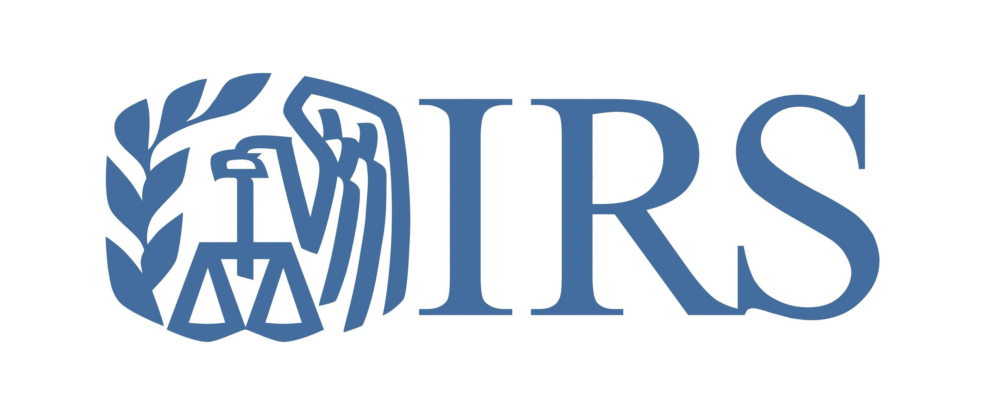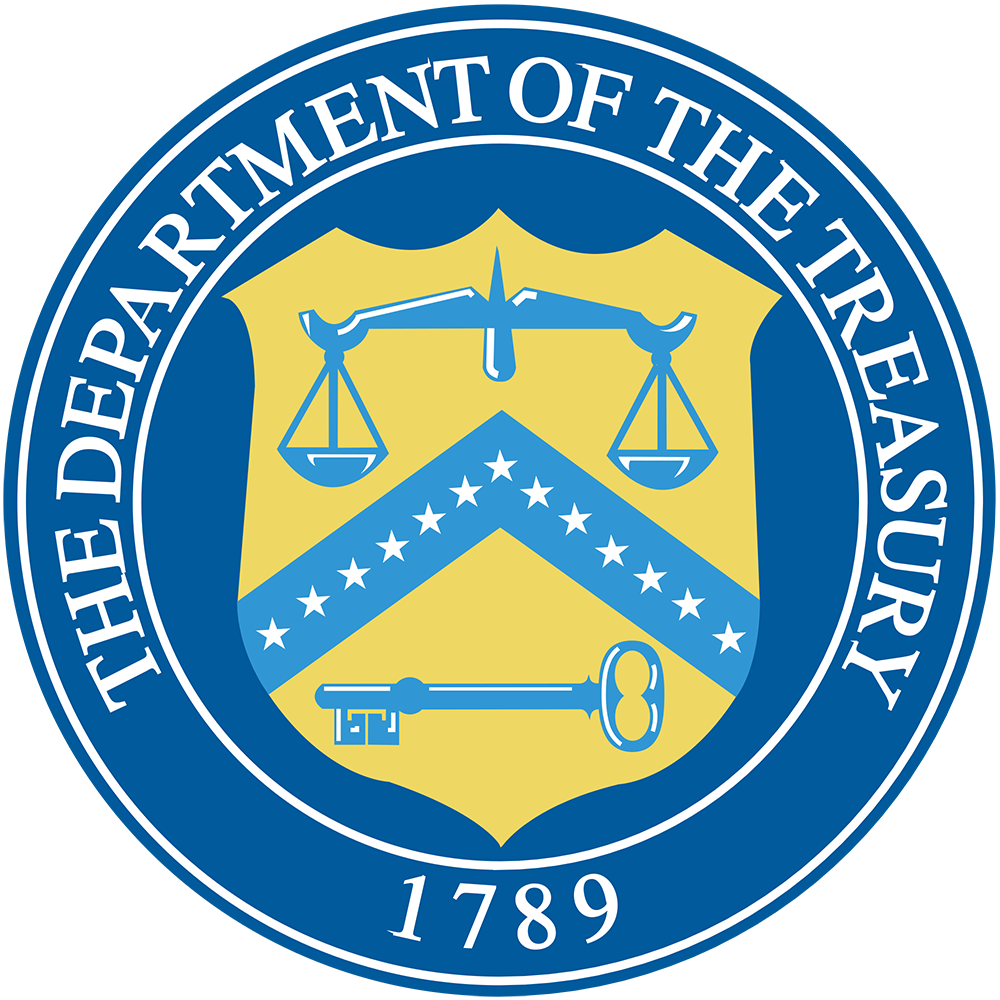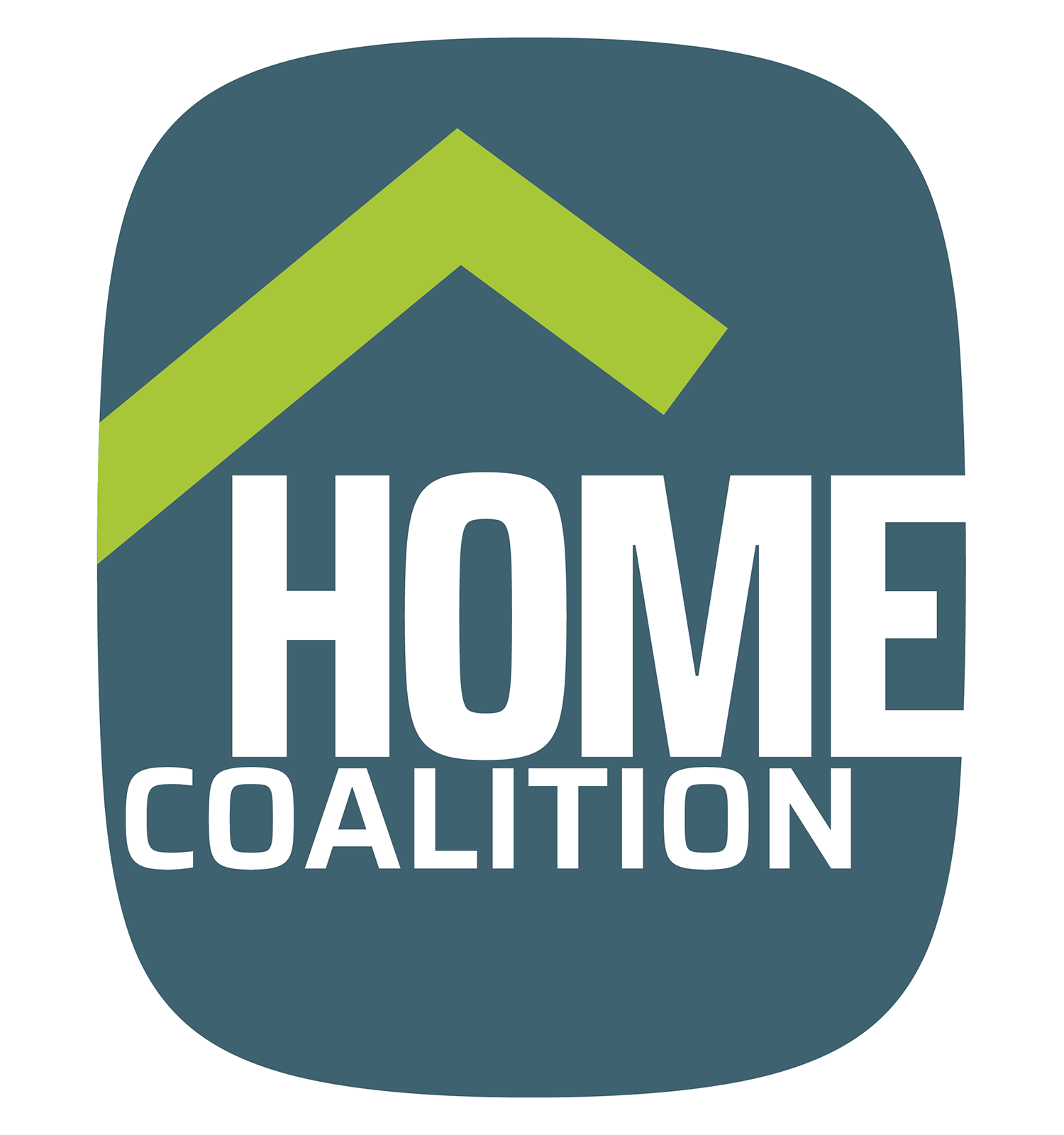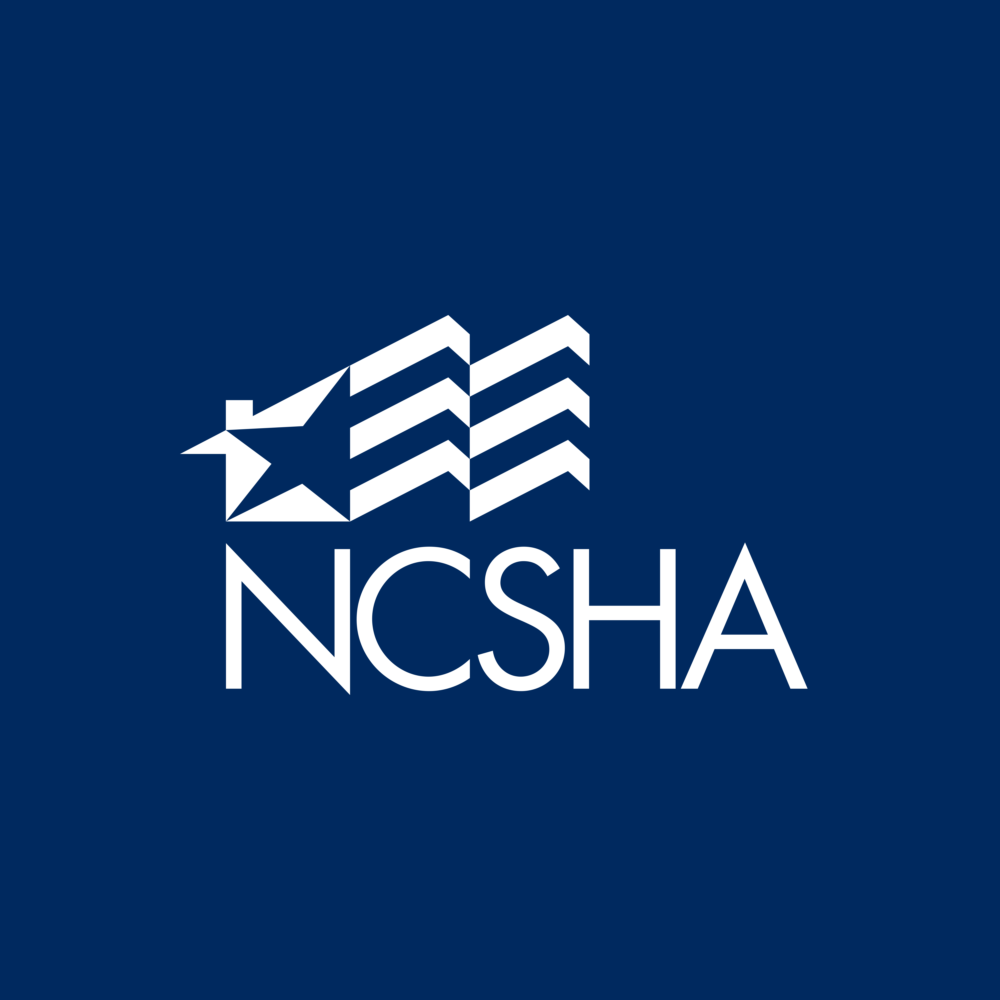Search Results for: Income Averaging
IRS Revenue Procedure 2024-21: New MRB and MCC Purchase Price Limits and Safe Harbors
On April 16, 2024, the Internal Revenue Service published Revenue Procedure 2024-21, which revises the nationwide average purchase price limits and the average area purchase price safe harbors for the Mortgage Revenue Bond (MRB) and Mortgage Credit Certificate (MCC) programs. The revenue procedure establishes the new MRB and MCC purchase price limits by taking the Federal Housing Administration single-family loan limits released in November 2023 and dividing them by .878. It also sets the national average purchase price at $510,100 for computing the housing cost/income ratio, which determines which areas qualify as high cost and are eligible for an increase in MRB/MCC income limits.
Affordable Housing Credit Improvement Act of 2023: Cosponsorship List by State
This document tracks the members of Congress who have cosponsored the Affordable Housing Credit Improvement Act of 2023 to amend the Internal Revenue Code of 1986 to expand and strengthen the Low-Income Housing Tax Credit.
U.S. Treasury Department Emergency Rental Assistance Frequently Asked Questions (Updated as of March 5, 2024)
This FAQ document provides guidance regarding the Emergency Rental Assistance program enacted in the Consolidated Appropriations Act of 2021.
Mortgage Credit Certificate Program Q&A
What is the Mortgage Credit Certificate (MCC) Program? The MCC program is a home buyer assistance program designed to help lower‐income families afford home ownership. The program allows home buyers to claim a dollar‐for‐dollar tax credit for a portion of mortgage interest paid per year, up to $2,000. The remaining mortgage interest paid may still be calculated as an itemized deduction.
HOME Investment Partnerships Program FAQs
The HOME Investment Partnerships Program (HOME) provides grants to state and local governments to produce affordable housing for low‐income families. States and localities target flexible HOME funds to the particular needs of their communities.
Tax-Exempt Housing Bonds FAQs
What are Housing Bonds? | Are Housing Bonds one of the original uses of PAB authority? | How do HFAs use Housing Bonds? | How much bond authority do states have? | What restrictions exist on the use of Housing Bonds? | Why should Congress protect Housing Bonds? | Why should Congress protect Housing Bonds? | What is the economic impact of Housing Bonds? | Would other tools for financing affordable housing be more efficient? | What does this program cost?
Housing Credit Program FAQs
The Low Income Housing Tax Credit (Housing Credit) is a federal tax credit created by President Reagan and Congress in the Tax Reform Act of 1986 designed to encourage private sector investment in the new construction, acquisition, and rehabilitation of rental housing affordable to low-income households. Over the last three decades, the Housing Credit has become the most successful affordable rental housing production program in history.
Neighborhood Homes Investment Act FAQs
What is the Neighborhood Homes Investment Act? | Where will the NHIA tax credit be used? | What kind of housing would be improved or built with the NHIA tax credit? | Whom does the NHIA tax credit serve? | Why is the NHIA tax credit necessary? | Will the Neighborhood Homes Investment Act cause gentrification? | How would the NHIA tax credit work? | How will the NHIA tax credit be allocated to the states? | Who will administer the NHIA tax credit? | Who will oversee administration of the NHIA tax credit?| What is the projected impact of the NHIA tax credit? | Would the NHIA tax credit leverage other funding?| Would the private sector finance affordable housing without an incentive like the NHIA tax credit? | Who is supporting the NHIA tax credit?
NCSHA Comments on HUD’s Proposed Methodology Changes for Calculating Income Limits
On February 12, 2024, NCSHA submitted comments to the U.S. Department of Housing and Urban Development on proposed changes to the methodology used for calculating Section 8 income limits. In our comments, NCSHA supported the proposed changes overall but encouraged HUD to explore the impact of cost increases on project viability and consider the necessity of the adjustments in ensuring that existing and future affordable housing developments do not face undue financial burden.









